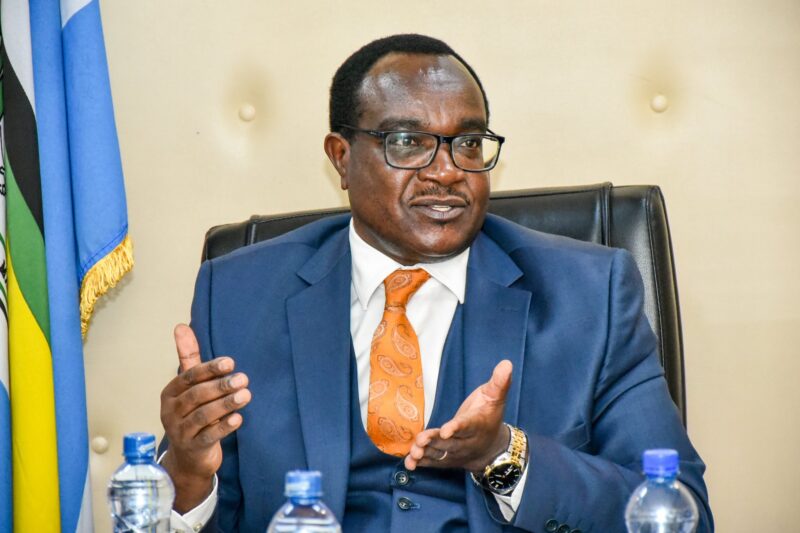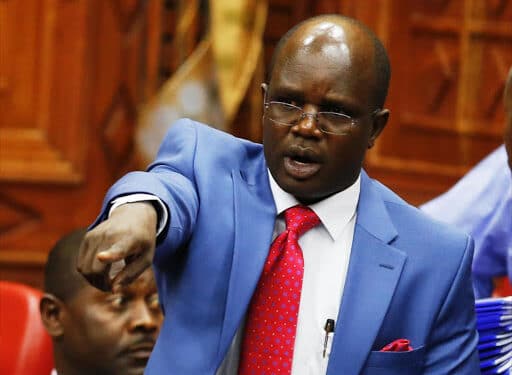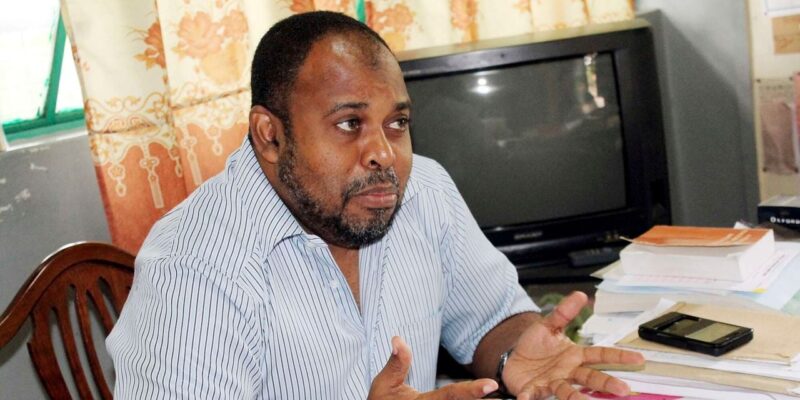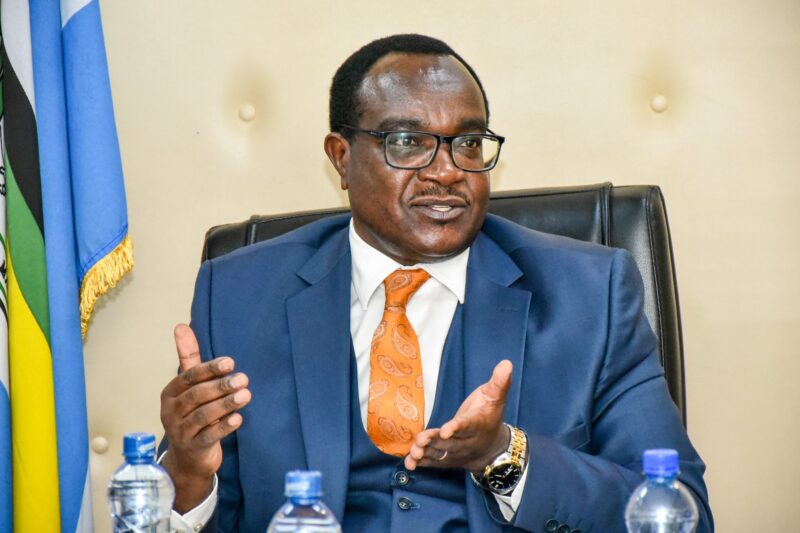
KCSE 2025: Indisciplined Students to Sit For Exams Outside Schools
Education CS Julius Ogamba has warned KCSE candidates involved in school unrest that they will take their exams at alternative centres outside school compounds. The…

Education CS Julius Ogamba has warned KCSE candidates involved in school unrest that they will take their exams at alternative centres outside school compounds. The…

The Employment and Labour Relations Court has stopped Uasu’s constitutional amendments to scrap term limits, blocking Secretary-General Constantine Wasonga from extending his leadership. The Universities…

Kuppet members resist attempts to scrap the age limit for top union leaders, saying the move is designed to entrench power and undermine fair representation.…

Kuppet and Uasu leaders face backlash over attempts to alter constitutions to extend their stay in power, raising concerns about democracy in Kenya’s trade unions.…

The Registrar of Trade Unions has ruled that Kuppet and Uasu must conduct their 2026 elections under old constitutions after court orders blocked controversial amendments.…

Kepsha raises alarm over delayed school funds in Kenya, warning that thousands of primary institutions face debt, food shortages, and closure risks. Kenya’s education sector…

The Ministry of Education has issued strict guidelines on student transfers in Kericho County to curb indiscipline and unprocedural admissions. Learn the rules, deadlines, and…

Security agencies are facing intense criticism following a series of violent riots that have crippled schools across the South Rift. Parents and education stakeholders accuse…

Parents in the South Rift are reeling from the financial shockwaves of violent student unrest that has destroyed learning facilities worth millions of shillings. With…